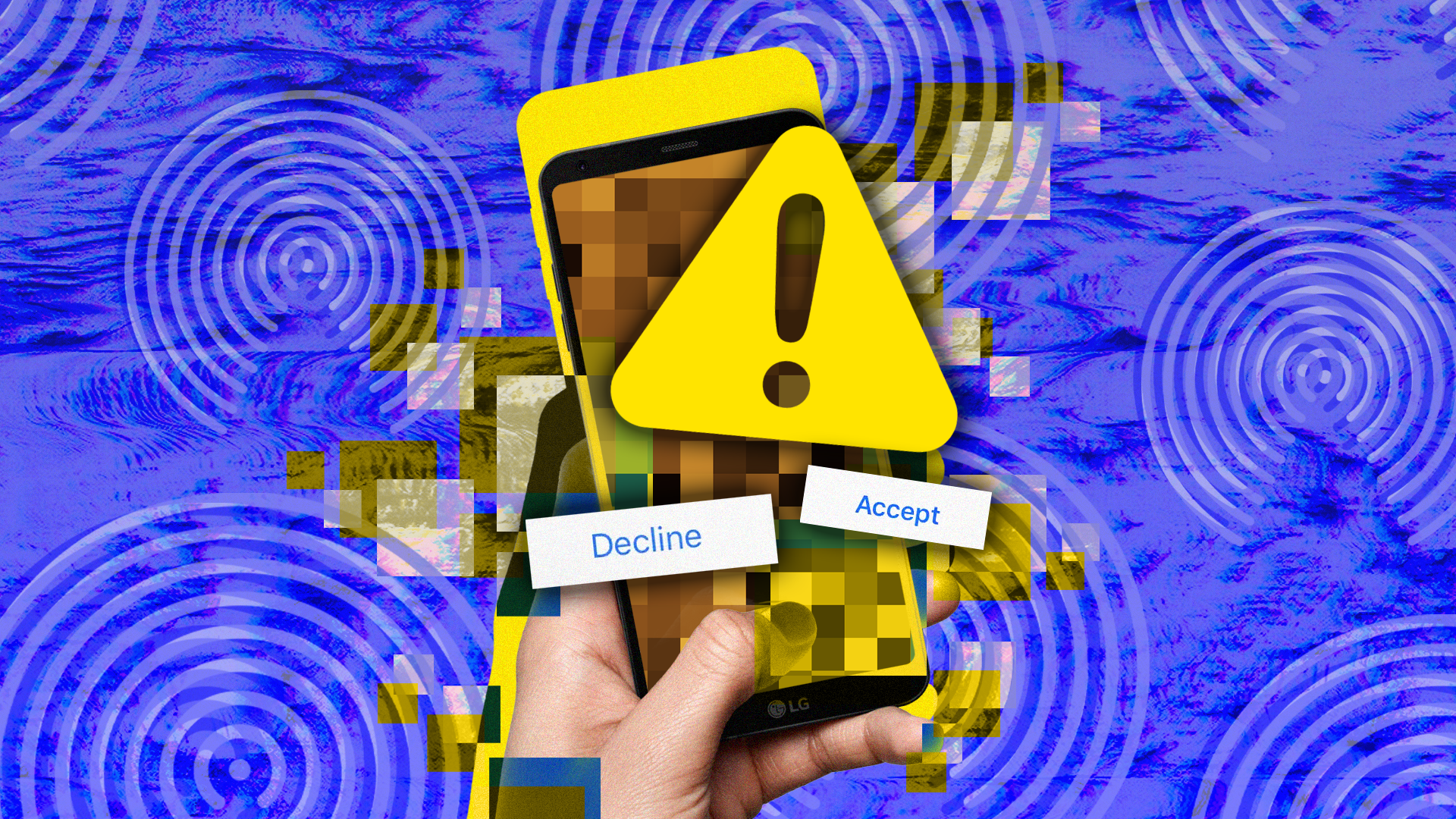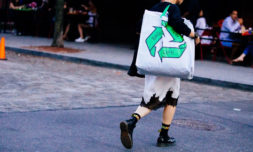The decision to include cyberflashing in the UK’s online safety bill comes on the back of new laws criminalising upskirting, which involves someone taking a picture under another person’s clothing without their knowledge or consent – often in public.
Being confined in spaces like an Underground or subway carriage with someone who considers sending sexually explicit images to an unsuspecting recipient as amusement-worthy is both highly intrusive and unsettling.
Whether you’re on the way to work, off to see a friend, or venturing on a night out, seeing a photo of this nature pop up on your phone is nothing short of embarrassing.
It also leaves the receiver scrambling to figure out who could’ve sent it, or who else might have received it too, while being too stunned, ashamed, or afraid to try to find out.
In 2015, the British Transport Police started their very first investigation into AirDropped images of this nature, however there was no trace of who sent the file because the image had (obviously) been quickly declined.
Since then, authorities have recommended recipients of unsolicited, sexual imagery to accept the file – despite the immediate and visceral reaction to DECLINE, DECLINE.
While holding onto the photo is unlikely to be anyone’s desired decision, authorities say that when victims report the incident, the image data can then be used to locate and charge the offender in court.
Sophie Gallagher, who fell victim to an unexpected dick pic while travelling on the London Underground in 2017, began interviewing women who were unwillingly subjected to the same experience.
A 37-year-old from Leicester revealed her tactics to stop regular AirDrop requests while traveling: ‘I changed my iPhone name to John’s work phone and the dick pics stopped immediately. Over time, it has now just become second nature to protect my identity as a woman.’
In Washington DC, a traveller on the subway said, ‘I felt violated. There were at least 15 people on the [carriage]. No one was giggling or doing anything that would make me think, ‘It’s definitely them.’ I was thinking, ‘Don’t give them the satisfaction, almost be still, pretend it didn’t happen,’ because they’re probably looking for a reaction.’
Many women shared feelings of being unsafe or worried about being followed out of the station after being on the receiving end of cyberflashing. Others have said that after braving a look around their underground carriage, they noticed a man watching and smirking at them.
Regardless of age or location, most women describe the experience as ‘horrifying’, ‘disgusting,’ ‘shocking’, and ‘terrifying’ – and it’s about time the act of cyberflashing be taken seriously by the justice system.
On top of cracking down on unsolicited images shared in the public sphere, the UK’s new online safety bill will place a duty of care on social media companies to prevent the proliferation of illegal content and activity – for example child sexual abuse, inappropriate content, as well as cyberbullying.
For companies that breach the act, The UK’s Office of Communications (OFCOM) will have the power to issue fines of up to 10 percent of the platform’s global economic turnover.
While this won’t exactly stifle the problem facilitated by Apple’s AirDrop feature – which shows recipients a preview of photos before they choose to accept or decline – it’s worth knowing that changing your phone’s settings to ‘receive from contacts only’ can prevent unpleasant images from being sent to your phone unexpectedly.
It’s highly unfortunate that women must take these measures to protect a random dick pic from popping up in their phone while they’re simply trying to go about their day, rather than unsolicited nudes not being sent out by total freaks in the first place.
And although cyberflashing laws are being drafted in other parts of the world – like the US states of Texas, California, New York, Virginia, and Wisconsin – it’s hard not to see this type of harassment as a deeply rooted cultural issue.
New legislation might be a step forward to fight perpetrators of cyberflashing harassment, but this will only be possible after the fact. It’s clear that addressing the toxic culture surrounding online sexual behaviours is something we will need to continue working on as technology advances.




















